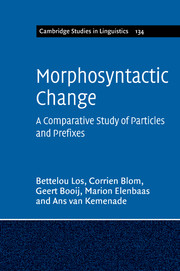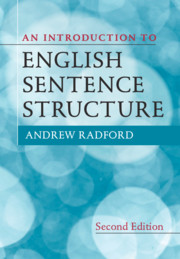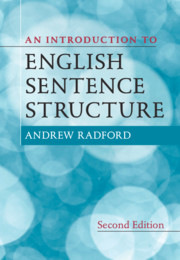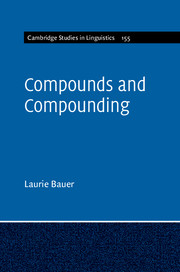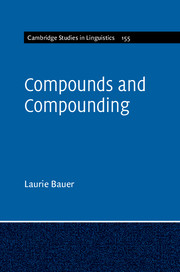Morphosyntactic Change
Particle verbs (combinations of two words but lexical units) are a notorious problem in linguistics. Is a particle verb like look up one word or two? It has its own entry in dictionaries, as if it is one word, but look and up can be split up in a sentence: we can say He looked the information up and He looked up the information. But why can't we say He looked up it? In English look and up can only be separated by a direct object, but in Dutch the two parts can be separated over a much longer distance. How did such hybrid verbs arise and how do they function? How can we make sense of them in modern theories of language structure? This book sets out to answer these and other questions, explaining how these verbs fit into the grammatical systems of English and Dutch.
- Explains how language change takes place and how processes for building complex words arise
- The comparative and historical study of particle verbs in English and Dutch shows how two related languages can develop different grammatical systems
- The treatment of particles as words that do not form phrases of their own reconciles the morphological and syntactic peculiarities of particle verbs
Reviews & endorsements
Advance Praise: "Offering a wealth of data material, the authors proceed far beyond the exploratory, presenting a coherent analysis of compositionality and conventionality, with important implications for diachronic and synchronic syntactic theory." --Jan-Wouter Zwart, Professor of Theoretical Linguistics, University of Groningen
"...I recommend this book to all scholars interested in the comparative, synchronic, or diachronic study of particles and prefixes from a morphosyntactic point of view."
--Christina Hoppermann, University of Tübingen, LINGUIST List
Product details
June 2012Hardback
9781107012639
266 pages
235 × 157 × 16 mm
0.53kg
11 tables
Available
Table of Contents
- 1. Separable complex verbs
- 2. The paradox of particle verbs
- 3. The synchronic analysis of Dutch SCVs
- 4. The diachronic analysis of Dutch SCVs
- 5. The lexical decomposition of present-day English verb-particle combinations
- 6. The diachrony of the English verb-particle combination
- 7. The diachrony of prefixes in West Germanic
- 8. Conclusions.

